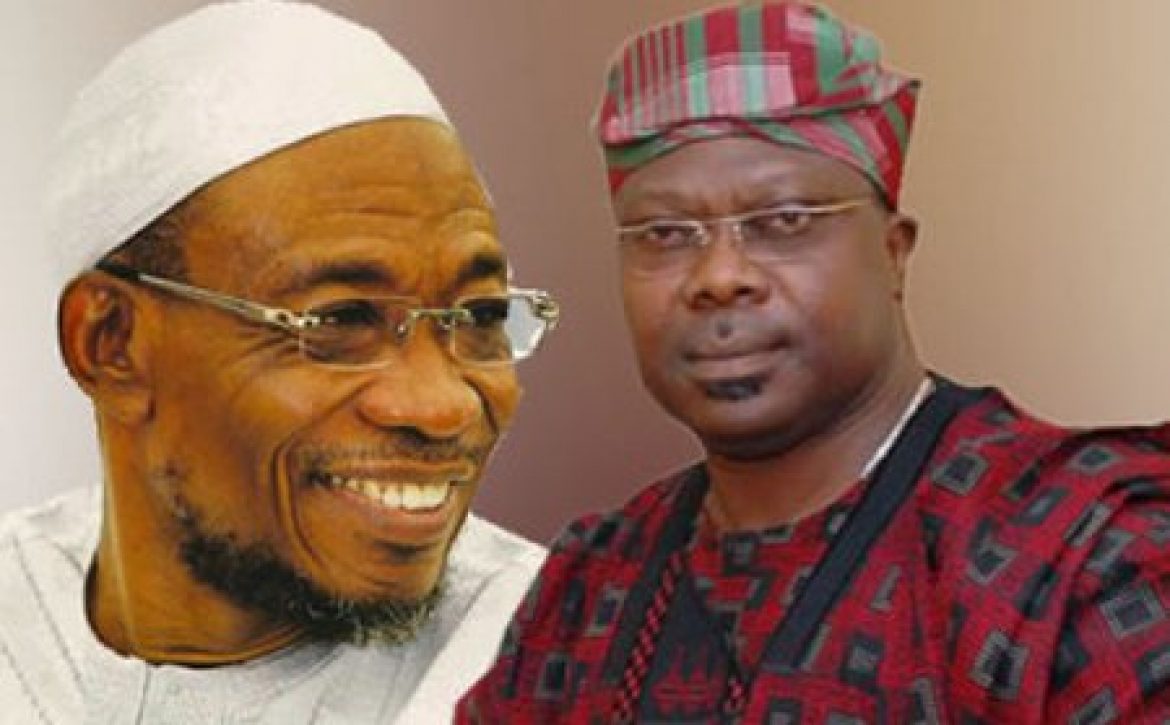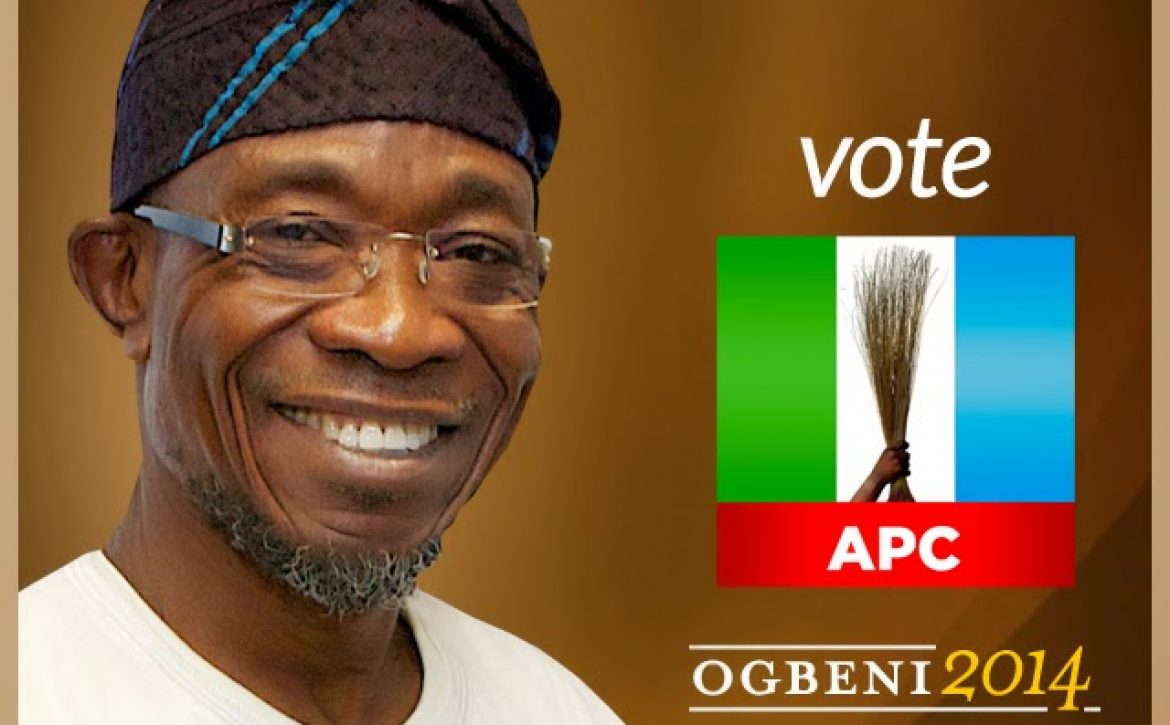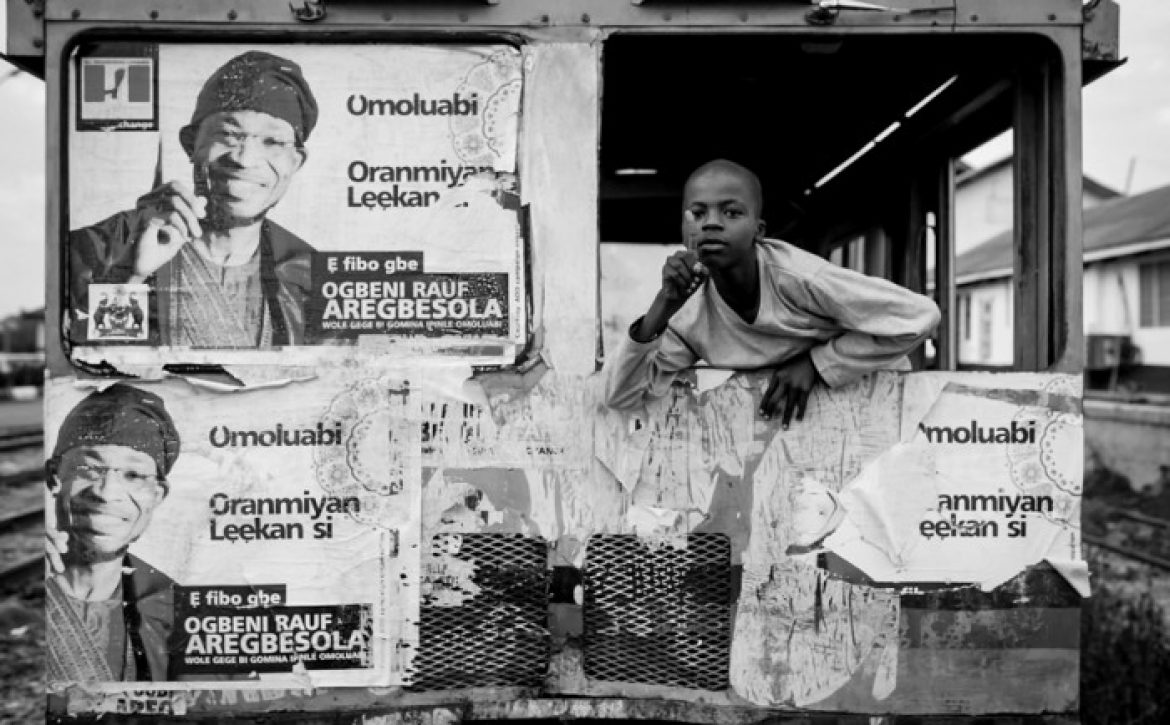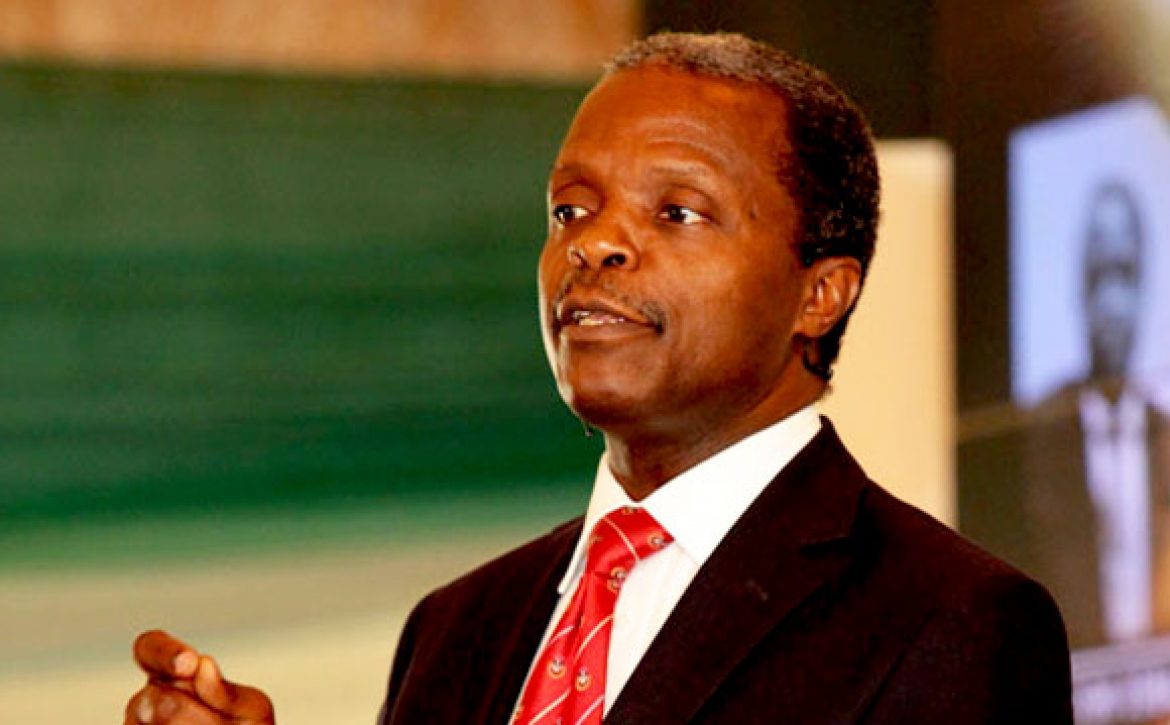
I was greatly saddened to read the material written by Mr. Eyieyien urging “The Remnants” to vote out the current Governor of Osun State Ogbeni Rauf Aregbesola and vote in Chief Iyiola Omisore. I am also still somewhat puzzled as to how what appeared to be an opposition to a bond issue and other sundry allegations degenerated to the running down of the APC as an Islamic party, a propaganda tool notoriously deployed by the PDP through its various organs.
Are we as Christians now being urged to support the PDP or what exactly is the message? Reason, is one of the most important contributions of the Gospel to development. From it emerge the practical concepts of fairness and justice for all, especially our enemies. Which is why lynching, even of an intellectual kind is unacceptable
I am not an unbiased intervenor, I had the good fortune of serving in an AD/ACN government in Lagos State. The ACN is a major partner in the APC. I will come back to the PDP APC issue presently.
Also, I have known Ogbeni Rauf Aregbesola, Governor of the State of Osun, since 1999. We served on the policy committees of the then newly elected AD governor of Lagos State. He served in the infrastructure sub-committee and I, in the Justice sub-committee. I also served with him for 8 years in the government of Lagos State. He as Commissioner for Works and I as Attorney General. I developed a close personal relationship with him. His early ideological belief was shaped by Marxist-Socialist thinking, which probably influences his left- of- centre world view in governance. His first son Kabir went to university in Cuba on a scholarship. In 2005 when he graduated, only Rauf and I attended his graduation . He is a devout Muslim but liberal in his approach to other faiths. This is not unusual amongst the Yorubas largely because most families have both Muslim and Christian members and have always interacted without rancour. Of his six siblings only one other is a Muslim. All the others are Christians. His sister who is of the RCCG, is widowed ( her husband died a Christian) her two sons have lived with Rauf for years, he insists that they must practice their father’s faith faithfully. They both attend the RCCG.
He and I shared and still share a burden to provide honest, transparent, people-centered governance. He is a scrupulously honest person, as Commissioner for Works in Lagos State he left office without a home and no financial comforts. I know, because aside from my personal and official interaction with him, I coordinated his legal team for the reclamation of his mandate for over three years. I know first hand, his difficulties with sustaining his family, and a small staff for that period. Not surprisingly no one can accuse him in Osun State of corruption. He is just not wired that way.
Indeed, in keeping with that commitment to serve the people with complete fidelity, his major projects have been solely directed at alleviating the suffering and deprivation of his people. The hiring of, now 40,000 unemployed graduates , the provision of free balanced meals for all primary school children, provision of free uniforms, the provision of tablet computers for senior secondary school students containing all their textbooks, past jamb questions etc., monthly stipends to the elderly – all of these in a State that is the third poorest in Federal allocations and currently gets N2.6 billion monthly, a 40 percent reduction from 2013, courtesy of the Federal government. Mr. Eyieyien perhaps was not aware that even the 10 billion sukuk bond was purely for the building of 24 model state-of the art schools, most of which are now completed. The Wole Soyinka led Osun education summit recommended the replacement of the completely broken school infrastructure in Osun State with schools capable of accommodating 1000 students with modern labs, classrooms, power and sports facilities. The idea was to use economies of scale to benefit the largest number of students.
When Mr. Eyieyien describes him as “Sheikh” it is clearly to give the impression that he is an Islamic fundamentalist. The facts on the man completely belie this. First, as Commissioner for Works in Lagos State, he built the chapel at the State House Marina. Pastor Adeboye at the opening commended him and remarked that he would be a pastor soon! Within a year of coming into government, he commissioned in Ilesa the Open Heavens Christian Evangelical Arena , a purpose-built facility for evangelism which according to him was to celebrate the icons of the Christian faith who are from Osun namely- the Late Apostle Babalola , the Late Apostle Obadare, Pastor E.A. Adeboye, Pastor W.F Kumuyi and Pastor Mathew Ashimolowo . Today, his government supports the establishment of five Christian universities in Osun, including The Redeemers University at Ede, the Joseph Babalola University, Dominion University , and Bowen University.
How about the composition of government in Osun State? You will notice that his critics are never able to say that Christians are marginalised in government, why ? Because only Muslims can make that allegation! In the Cabinet of Osun State there are 10 more Christians than Muslims. In addition, the largest Ministries are headed by Christians- Ministries of Finance, Justice, Education, Health, Environment , Agriculture, Physical Planning and Youth and Sports . The Legislature (House of Assembly), which came into office after he won back his mandate in court in November 2010, has a majority of Christian members – 18 Christians and 8 Muslims. Everyone knows that at that level if the Governor does not support your nomination by the party your ambitions are dead in the water.
The State Judiciary is headed by a Christian who he appointed although he had preferred and proposed a judge from Lagos Justice Olubunmi Oyewole also a non-Muslim. Of over 30 new Permanent Secretaries appointed by him 22 are Christians. If the majority of your cabinet, ( including your Attorney-General), your Legislature, Judiciary and top echelon of your civil service are Christians how can we in truth say that such a person has an Islamisation agenda? Surely the least a “Sheikh” with an Islamisation agenda should do to achieve his objective is to populate the structure that can achieve that objective with Muslims! It is also entirely false that he patronizes or uses “TAAWUN” guards for his security. It is common knowledge that he hardly even uses any security at all, except for a couple of SSS men, his monthly LIFE WALKS , where he walks alongside his people for kilometres without any significant security cordon was commended recently by a former Governor in the South East. It is incredible what prejudice can do to us. Everyone in Osun knows that the State was nicknamed “State of the Living Spring” in reference to the Osun River after which the State is named. Renaming the State “the Omoluabi State ” – meaning “the State of children born of God” or “the State of men and women of virtue” certainly gives greater glory to God.
To suggest that benefiting from a Sukuk bond to better the lives of his people of all faiths, is enough to justify the grave allegation of an Islamisation agenda, is with all due respect , calling a dog a bad name simply to hang it. I agree that it may have served the politics of religion better not to take the bond, but it is a fairer judgment of his motives, knowing him, that this was borne out of his desire to serve his people well. The 24 mega schools with state-of -the art facilities is a quantum leap in education for the majority of children of the poor who before now schooled in what the Soyinka committee saw as scandalous. The alternative was not to build the schools.
When a man who is doing right by the poor and deprived people he governs, is being condemned by those of us who are called to serve the poor, the sick, , the naked, and the hungry then it is fair to ask what the values in governance we really intend to promote are? In any event the alternative is Chief Iyiola Omisore whose antecedents we ought, to put it delicately, be cautious to associate with.
A problem with uncritically accepting as useful advice this viciously anti-APC propaganda, is that it throws the baby out with the bath water. So we are now expected to reject the landmark achievements in Lagos, in Ogun ( the huge infrastructural developments), Oyo ( which for the first time most admit is making real progress) , Edo, and Ekiti ( where almost everyone agrees the governor did a good job but Fayose understood stomach infrastructure better!) Or now Kano or Rivers ( where a REAL rail service is about to begin; Lagos is also about to complete a rail service amongst other exemplary achievements )!
It is also false that the APC’s new executive reserved its top positions for Muslims! The Chairman of the party Chief John Odigie-Oyegun is a Christian, the Deputy National Chairman (South) Engr. Segun Oni is a Christian, so are the National Organizing Secretary Senator Osita Izunaso, Deputy National Secretary Hon. Orji Ugofa and Chief Pius Akinyelure , the Vice Chairman of the South West. For what it is worth, there are 22 Muslims and 21 Christians in the APC National Executive Committee.
Regarding the rather thinly veiled ‘support the PDP/ JONATHAN’ message, it is incredible that we are invited to ignore the cynical manner that our President Goodluck Jonathan uses Christianity and the church to further his political ambitions. Why are we being urged to support a PDP/Jonathan bid again? The platform has largely on account of its tragic failure to perform, decided to exploit Nigeria’s religious fault lines in the most cynical manner to win support, in the process he continues to divide Nigeria in by the far most extreme manner in our history.
I have worked with many brethren since 2002 on issues around Islamization in Nigeria, in particular with Revd. Ladi Thompson of the Macedonian Initiative and the Omoluabi network. It is clear that Al Qaeda, ISIS , and more recently Boko Haram and their splinters are committed to an Islamization agenda. Their symphathisers certainly cut across all boundaries. The Late General Azazi, then NSA, pointedly accused the PDP of being behind the escalation of Boko Haram, I have that statement on DVD. The President, also openly lamented the infiltration of his cabinet by the Boko Haram.
Recently a Nigerian pastor in a widely circulated CD, speaking on the Jihadist agenda accused General Babangida of funding the Islamization agenda from his days as President. Today President Jonathan’s most influential Northern supporter is General Babangida. His narrative unfortunately gives no credit to Gen Buhari, and his deputy Gen Idiagbon (also a muslim) who refused to join the OIC despite pressures. Or that Gen Buhari remains the one head of State who was able to defeat an extremist insurgency, the Maitatsine.
How can we fail to see that the incredible corruption, incompetence, poverty of 2/3 of our people after almost seven years of the present government is unsupportable? How is it that Diezani’s use of 10billion Naira to run her private jet ( the same amount of money for the building of 24 mega schools in Osun!) and the complete silence of the President on this travesty does not lead to calling for him to be voted out in 2015?
So the allegation of the missing or unaccounted for 20.8 billion USD with 110 million desperately poor, should be dismissed as pure propaganda? So it doesn’t make a difference to us that under the PDP Nigeria has fallen behind in every human development indicator? 55,000 women dying yearly of maternal related ailments, only recently Stanford’s Professor Larry Diamond compared the yearly deaths of over 300,000 children yearly in Nigeria to the killing of 800, 000 mainly Tutsis in Rwanda. The latter was described as genocide, what is the description to give to mass deaths of infants caused by grand corruption?
We discredit our treasured platforms such as this when we mask our political preferences with a religious veil. The vast majority of our people need to be delivered from terrible want and deprivation, what is required now are capable, honest men and women of all faiths, who know that this country may not long survive the daily punishment of its own people.
Prof. Yemi Osinbajo SAN
























